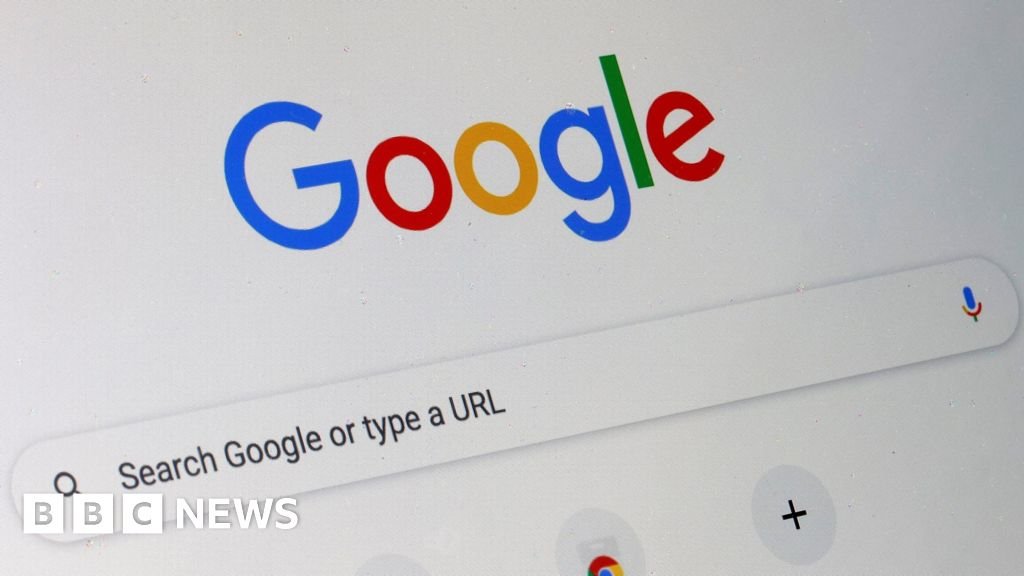The U.S. government is contemplating a significant move to break up Google, the largest search engine globally, citing concerns over its alleged “malignant harm” to American consumers. This development follows a landmark court ruling in August, where the Department of Justice (DOJ) concluded that Google has been engaging in practices that illegally suppress competition in the online search market.
If the DOJ proceeds with the proposed remedies and they receive judicial approval, this would mark one of the most substantial regulatory interventions in the history of Big Tech companies. Google has vehemently opposed these measures, labeling them as “radical” and asserting that they could adversely impact consumers, businesses, and developers.
Google’s Dominance in the Search Market
Google has established itself as the preferred search engine for nearly all internet users, commanding approximately 90% of all online searches. The DOJ alleges that the company has leveraged its other products—such as the Chrome browser and the Android operating system—to funnel users toward its search engine while profiting from advertising revenues. According to court documents, the Justice Department asserts that “Google’s unlawful conduct spanned more than a decade and involved multiple self-reinforcing tactics,” which effectively stifled competition and made it nearly impossible for potential rivals to gain a foothold in the online search market.
The lack of competition allegedly allowed Google to impose unusually high prices on ads while simultaneously degrading the quality of those ads and related services. The DOJ is considering implementing “remedial measures to prevent Google from using Chrome, Play, and other products to leverage Google Search and its related products.” A detailed proposal is expected to be submitted by November 20, with Google allowed to respond by December 20.
Google’s Response to the Breakup Proposal
In a recent blog post, Lee-Anne Mulholland, Google’s Vice President of Regulatory Affairs, criticized the DOJ’s recommendations as “government overreach” that could lead to higher prices for consumers. She pointed out that Google offers the Chrome browser and Android operating system at no cost, acting as gateways that facilitate access to the web and Google’s suite of products. Mulholland warned that separating these products from Google could force them to seek profitability independently, potentially resulting in increased costs for users.
Furthermore, she argued that Google’s substantial payments to companies like Apple and Samsung to remain the default search engine on their devices effectively subsidize those products. If Google stops these payments, the cost of those devices could rise.
The Competitive Landscape of Online Advertising
Google also referenced a Wall Street Journal report highlighting the competitive nature of the online advertising market, noting that more users are turning to platforms like TikTok and Amazon for search purposes. However, the same report indicated that Google still holds over 50% of the ad search market, emphasizing its dominant position.
Future Implications and Expert Opinions
Wang Xiaofeng, chief analyst at technology consulting firm Forrester, noted that regulatory changes alone may not suffice to weaken Google’s stronghold on the search market. “While these changes could create more opportunities for smaller competitors to increase their market share, technological innovation and effective consumer adoption strategies will be crucial for their success,” she stated.
Wang also mentioned that the outcome of the Google case could set a precedent for future regulations targeting other major U.S. tech companies. With ongoing lawsuits against firms like Meta Platforms, Amazon, and Apple for allegedly maintaining monopolies, a successful case against Google could have far-reaching implications for the tech industry.
Conclusion
As the U.S. government deliberates on potential actions against Google, the situation remains fluid. The decisions made in this case could significantly alter the landscape of the tech industry, impacting not only Google but also setting the tone for how other major players are regulated in the future.
